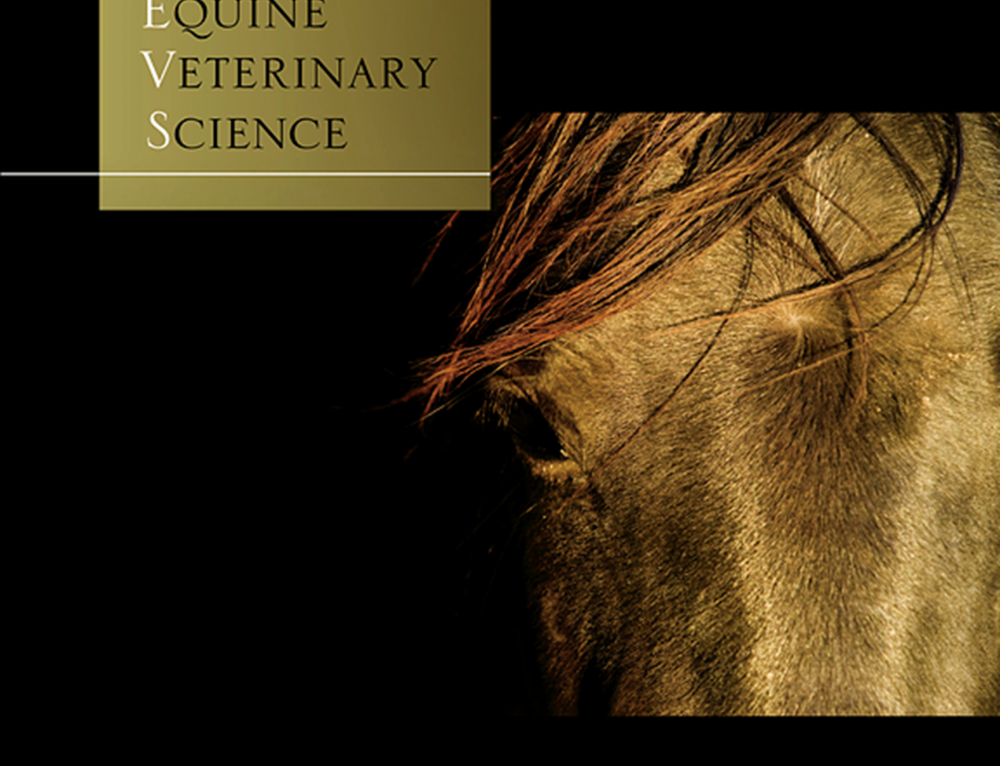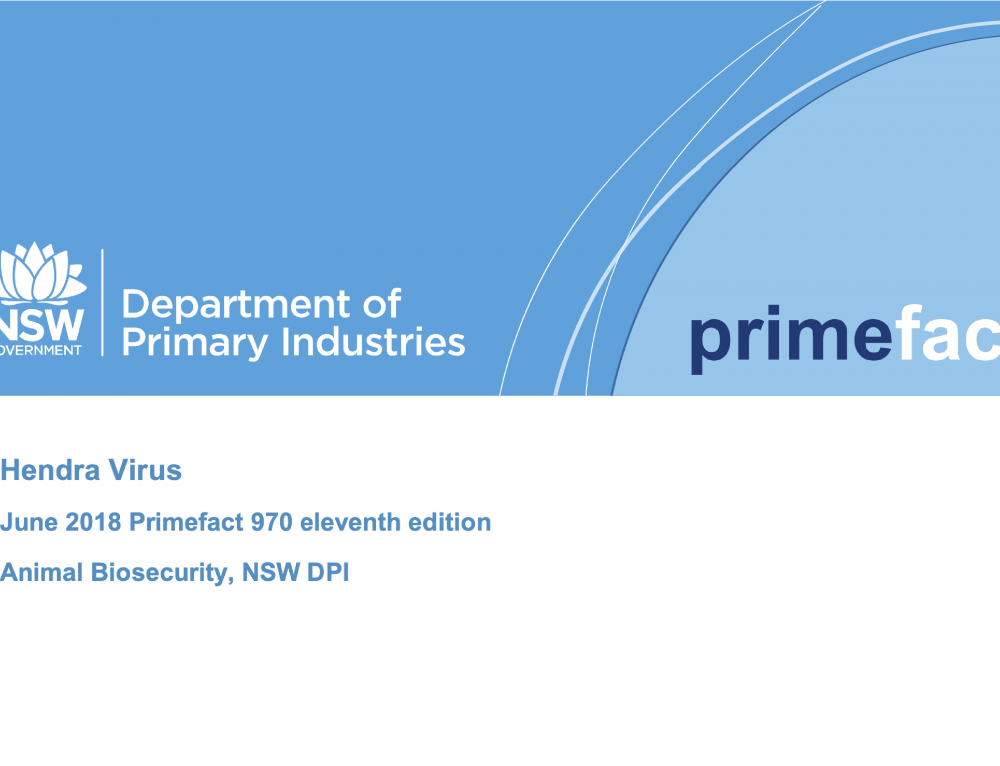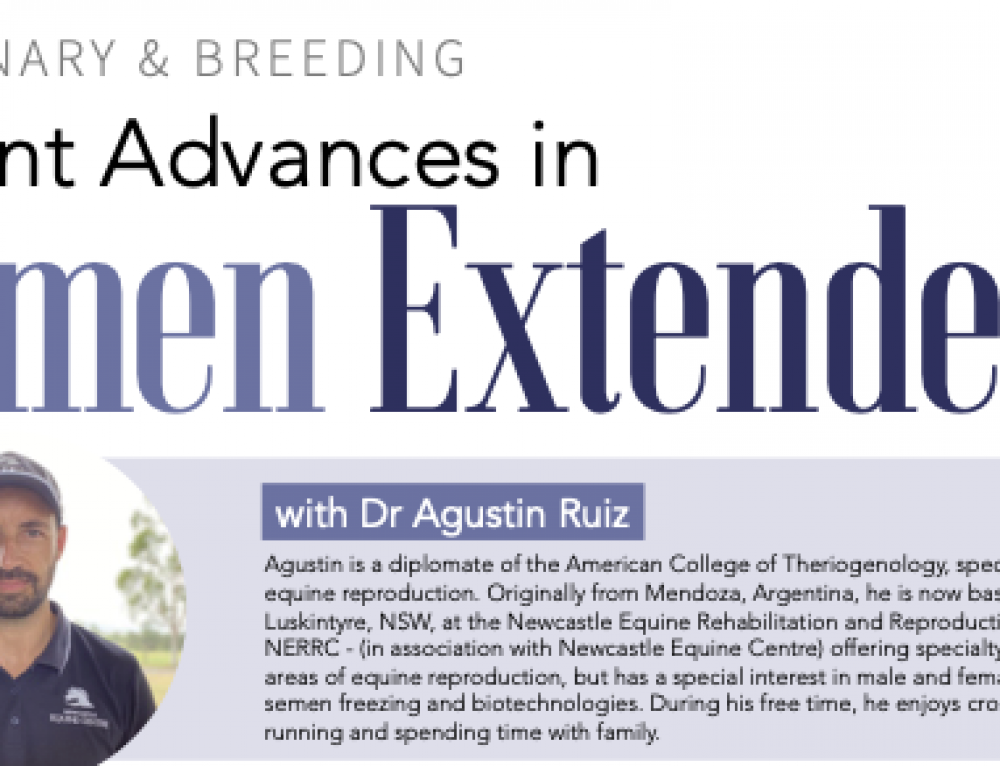As we have talked about in our earlier posts, blanket worming and overuse of wormers is both unnecessary and contributes to resistance. Therefore, we now recommend a targeted program tailored to your horse’s needs. The first step of this is to perform a faecal egg count (FEC).
An FEC is an examination under the microscope to identify and count parasite eggs. This egg count tells us the shedding status of your horse. Depending on the type and number of eggs, your horse may not need a wormer at all! If your horse does need worming, we will advise on the best product to use and we will also advise how often to recheck.
We can also repeat faecal egg counts 2 weeks after deworming to do a Faecal Egg Count Reduction Test (FECRT). This test determines whether the worming product has been effective or if there is resistance present.
Regardless of egg counts, all horses should be dewormed once a year. This is because there are some worms, such as tapeworms and encysted forms of small strongyles (cyathostomins), that cannot be reliably detected by FECs. We can advise you on the best product to use as only certain wormers are effective for this, and this is best done in Autumn (April-May).
We have an FEC loyalty card so every 10th one is free! We also are running a 10% discount on FECs for the next month as part of our worming promotion! Feel free to drop off a small fresh manure sample at our clinic at any time during office hours, or give us a call if you would like to discuss further.







